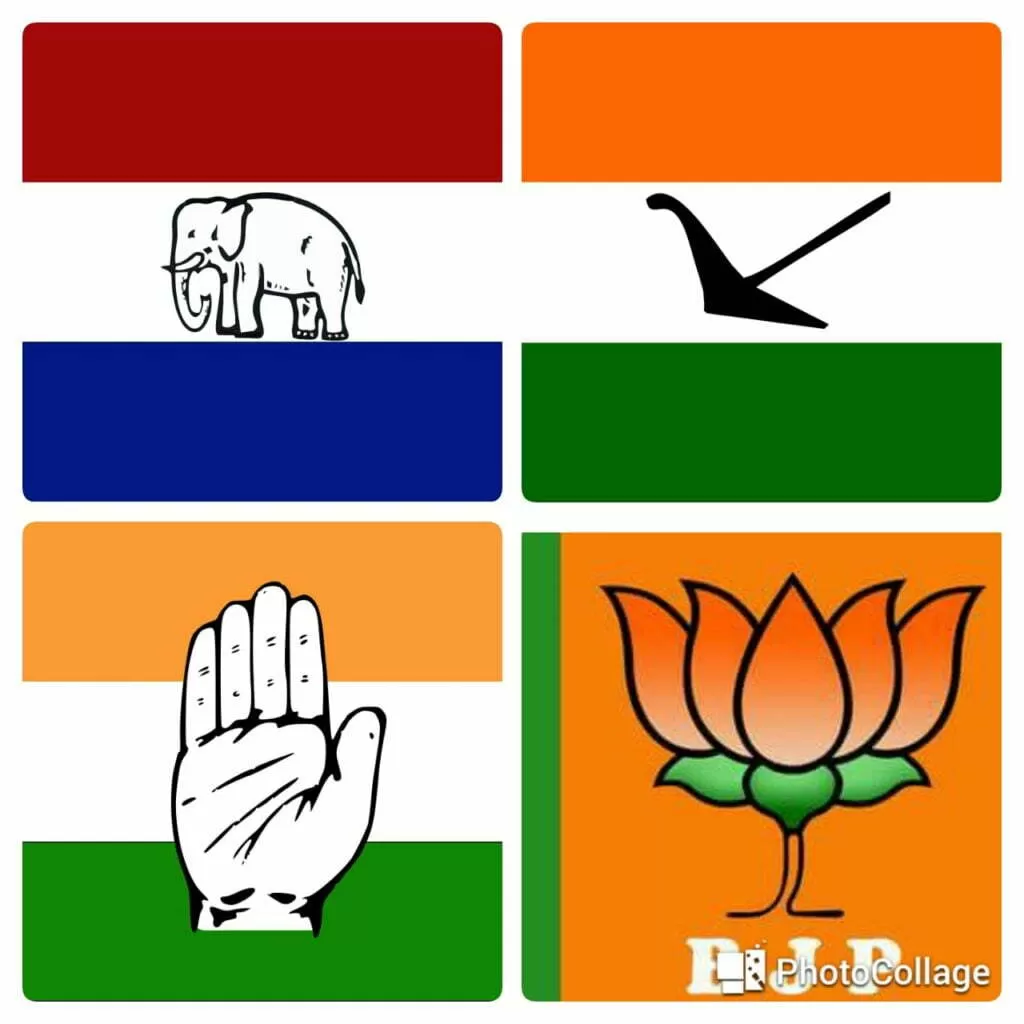An analysis into the gradual decline of the regional political outfits in Assam
Bijoy Ghimire
India had a highly centralized federation during Nehru Era. The congress party remained a centralized party formulating all India policies. Intra-party democracy in the political parties was not looked upon with favour and dissidence suppressed with heavy hands. The parliamentary wings of most of the national parties followed the congress line and voices from below were ignored and resentments forcefully curbed.
The need for a truly decentralized federal polity had been a constant demand of the states in the post – 1967 period. The changing nature of the party system and the growing importance of regional parties have federalized the working of the Indian democracy to a large extent.
Subsequently, the emergence of some powerful regional parties like DMK, AIADMK, TMC(Tamil Mannila Congress) in Tamil Nadu, Telegu Desam in Andhra Pradesh, the Shivsena in Maharashtra, the Akali Dal in Punjab, the National Conference in Jammu and Kashmir, the Assam Gana Parishad in Assam, the RJD in Bihar, Biju Janata Dal in Odisha, Janata Dal in Karnataka, BSP/SP in Uttar Pradesh and CPM in Kerala and West Bengal and a host of other regional parties in various states replaced the congress party in states, which was the concrete evidence that congress had lost its national character.
All the major regional political parties above have been able to retain its grip till this day and have been successfully addressing the local issues thereby winning the hearts of the people in every subsequent election.
But when we look at the political developments of last 15 years in Assam, we could see the dominance of the national parties in state politics like before. AGP (Asom Gana Parishad), an offshoot of the student movement in the early 1980s faced near annihilation in the recent past. AGP which basically harped on the regionalist sentiments had the golden opportunity on two occasions whereby they could have formulated policies to get away with all those issues which was and still is plaguing the state.
The overwhelming success of AGP had encouraged other smaller parties within the state to emerge. This way more glaring local issues were highlighted and brought to the notice of both the state and the central governments. AGP could regain its lost sheen to some extent only when it rode on the BJP’s back in the last state elections. By this we can infer the growing dominance of the national party which has started dictating not only at the state level but has permeated even at the district council levels by bulldozing and gobbling any regional political outfit coming its way.
If we take the instance of Karbi Anglong, we can understand how the regional forces had to face setbacks at the hands of all pervading national political parties with unlimited resources to mould or mar the regional political parties.
Since 2001, ASDC ( Autonomous State Demand Committee) had been trying to resurrect itself and had been exploring all the possibilities to come back to power. The party got divided, leaders got separated and some tried floating their own outfits. The party name too had been rechristened at times with the hope of revival. Once the most powerful and promising political outfit, on which people at large had unflinching faith is fighting to get back its lost luster but this time with a different party name, that is, HSDP( Hill State Demand Party). The chief aim of HSDP is same as that of ASDC 15 years back, that is, to fight for the special rights of the tribal people from the Hilly districts of Assam and to demand a separate state so as to protect their distinct cultural identity and to restrain any further exploitation of their resources.
What went so terribly wrong that the regional forces in Assam today which are pushed to the brink of extinction are struggling so hard to exist? If we are to believe the popular dictum of Lord Acton that ‘Power tends to corrupt and absolute power corrupts absolutely’, then it would be futile to expect that the attainment of statehood to the two hill districts of Assam will resolve all the long standing issues.
The ‘unnatural exodus’ of people to the BJP as its party members in Karbi Anglong is menacing. The KAAC (Karbi Anglong Autonomous Council) leaders should very well understand that national party cannot address its local issues and can hardly initiate any concrete steps for their permanent solution. Amidst this unending urge to keep their powers intact at any cost on the part of the KAAC members, the relentless efforts of some people within the district towards preserving and promoting rich cultural heritage of the Karbis is commendable.
The state mechanism ought to support all those people who are hell-bent to protect their distinct cultural identity at the face of cultural homogenization which is fast engulfing the psyche of the upcoming generation. This insidious cultural intrusion is definitely going to disillusion the next generation and if the regional voices are being silenced the way it is being done presently, the day is not far when there will not even be any of the pristine cultural remnants to relish.
The writer can be reached at bijoy.ghimire@gmail.com
Source: TNT (THE NORTHEAST TODAY)







